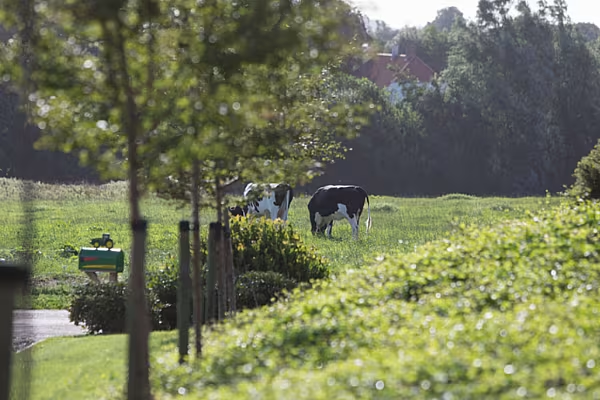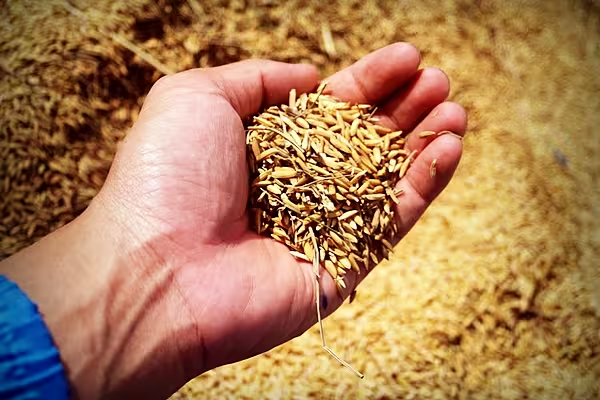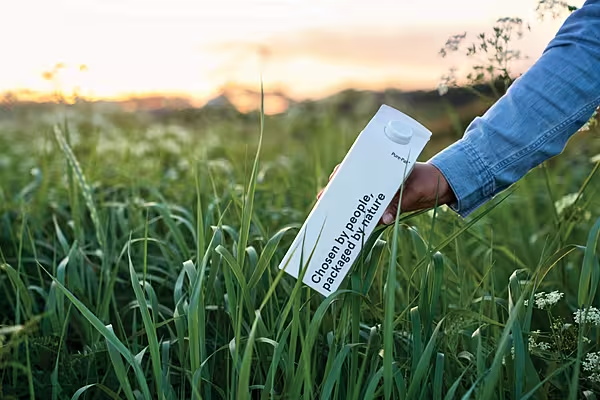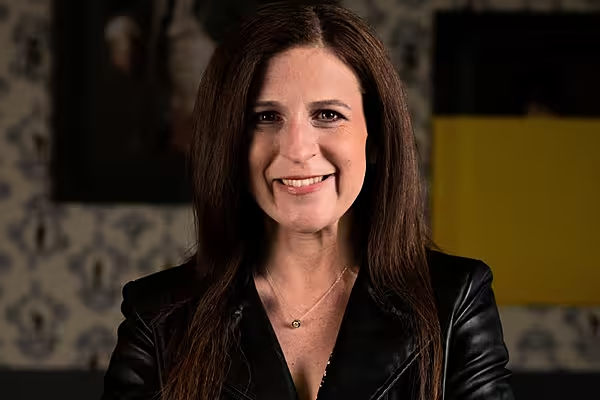The first set of guidelines on how carbon capture in plants and soil in cattle farming should be measured has been initiated by Arla Foods and will become part of International Dairy Federation’s (IDF) overall methodology.
The C-Sequ project, which involved Arla and other food companies to develop an internationally recognised method for calculating carbon sequestration in cattle production systems, is now available to use across the industry.
C-Sequ Project
The IDF has now adopted the principles from the project into its methodology, Arla noted.
The C-Sequ project was initiated in 2018., with Arla Foods as the project’s founding companies along with Dairy Management Inc., Danone, Fonterra, FrieslandCampina, Mars, McDonalds, Nestlé, and Rabobank.
Together with the consultancy Quantis, and involving a wide range of stakeholders and international experts in the area, the group developed guidelines that can be used across all cattle farming systems globally.
In 2020, the project group shared its draft guidelines for public review and feedback.
Before being finalised, the principles have also been trialled in approximately 50 on-farm pilots across a number of countries.
Arla Foods Sustainability Measures
According to Anna Flysjö, scientific lead on climate and environment and Arla's representative in the C-Sequ project, developing a universally agreed method for measuring how much carbon is stored in soil and plants on farms is an important step for Arla Foods and its farmer owners sustainability journey.
"Having the first set of robust and science-based principles, now adopted by IDF, is a major step in recognising the important and positive role farming has in sequestering carbon both above and below ground. However, as this is a highly complex area in which science is continuously evolving, there is much work ahead before the principles are practically applicable," Flysjö added.
As the principles grow and become adopted across the industry, Arla Foods will continue to assess how they can best be included in the sustainability work to reward farmer owners for their sustainable actions and the positive role farming plays in relation to carbon capture.














